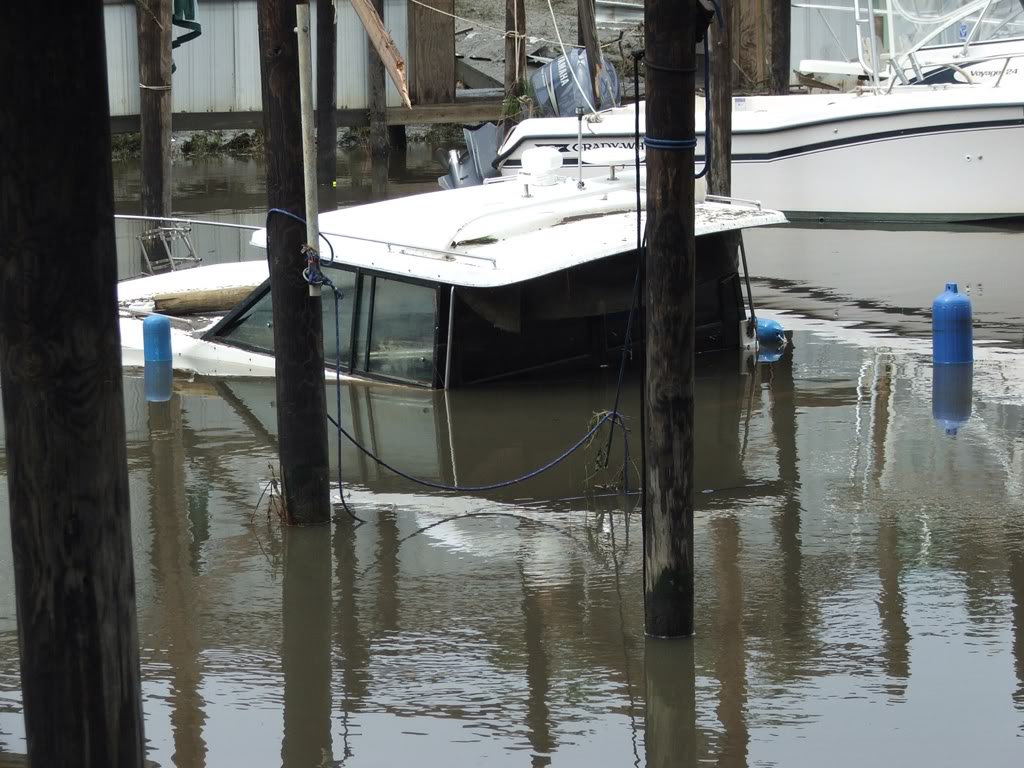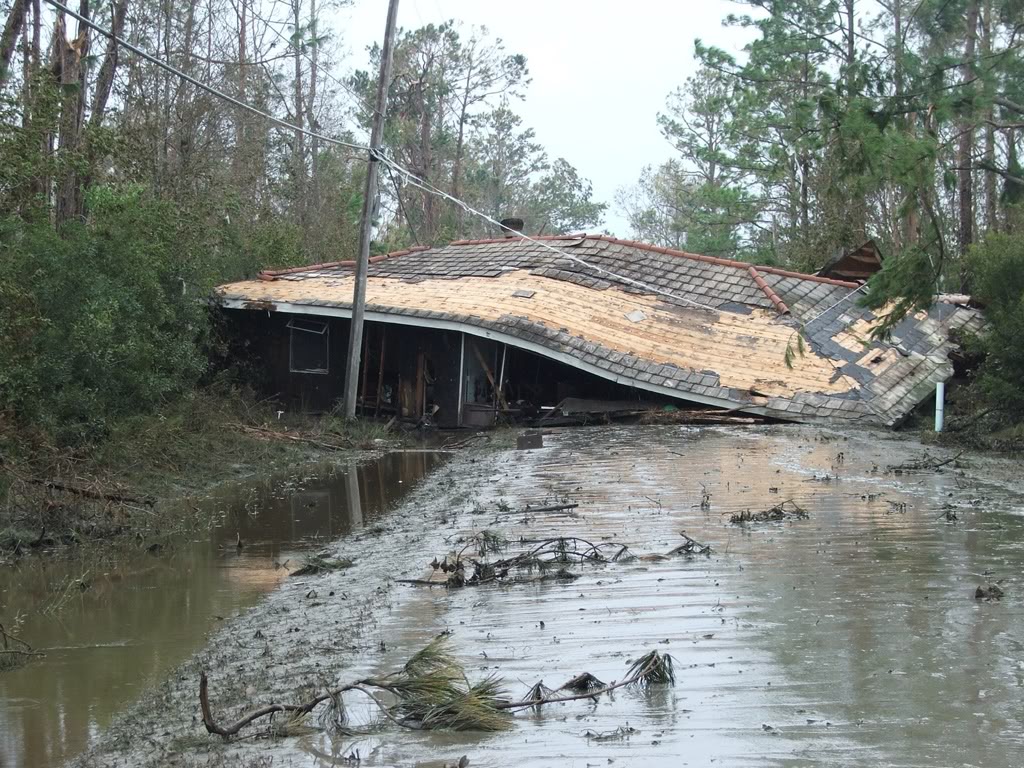healhustler
Guru
- Joined
- Oct 2, 2009
- Messages
- 5,198
- Location
- USA
- Vessel Name
- Bucky
- Vessel Make
- Krogen Manatee 36 North Sea
I've agonized over this issue for years. The first year I lived in FL, the State had eight strikes in various areas including one that took our roof here in Key Biscayne. We're fortunate to have a canal front property with a good dock, but if something over a number two hit us, I'm sure that our damage would come from other boats that were improperly secured. Ultimately, I'd prefer to have a chained perimeter around a couple outer pilings, and a set of Tide Minders on each piling to allow the boat to rise with the surge.
The last hurricane that hit up there in NC, one of my boat buddies stayed aboard while docked up a river about 30 miles from the coast. The surge took his Tide Minders right to the top of the posts, and when the storm passed, the surge reversed and left him wallowing in the mud. I guess that must have been at least 10-12 ft. of difference.
I get anxious about what would be "enough" planning and such, but let's face it.......keeping your boat safe would require you to control the storm and whatever stupid thing other boat owners do in reaction to it. Our Insurance Company says that an "attended boat at the residence" is historically the least damaged during named storms. They say the second least damage comes from a haul-out. I argued that a haul-out would subject to boat to damage from the domino effect of other boats falling on other boats, and they agreed, BUT the damage was still less than water intrusion from leaving the boat in the water during named storms. Frankly, I think a boat's best chance is either tethered to a huge, quick resetting anchor (ALONE) in the middle of a protected inland waterway, or between four solid pilings with Tide Minders or some other tide compensation device attached at four corners.
The last hurricane that hit up there in NC, one of my boat buddies stayed aboard while docked up a river about 30 miles from the coast. The surge took his Tide Minders right to the top of the posts, and when the storm passed, the surge reversed and left him wallowing in the mud. I guess that must have been at least 10-12 ft. of difference.
I get anxious about what would be "enough" planning and such, but let's face it.......keeping your boat safe would require you to control the storm and whatever stupid thing other boat owners do in reaction to it. Our Insurance Company says that an "attended boat at the residence" is historically the least damaged during named storms. They say the second least damage comes from a haul-out. I argued that a haul-out would subject to boat to damage from the domino effect of other boats falling on other boats, and they agreed, BUT the damage was still less than water intrusion from leaving the boat in the water during named storms. Frankly, I think a boat's best chance is either tethered to a huge, quick resetting anchor (ALONE) in the middle of a protected inland waterway, or between four solid pilings with Tide Minders or some other tide compensation device attached at four corners.





